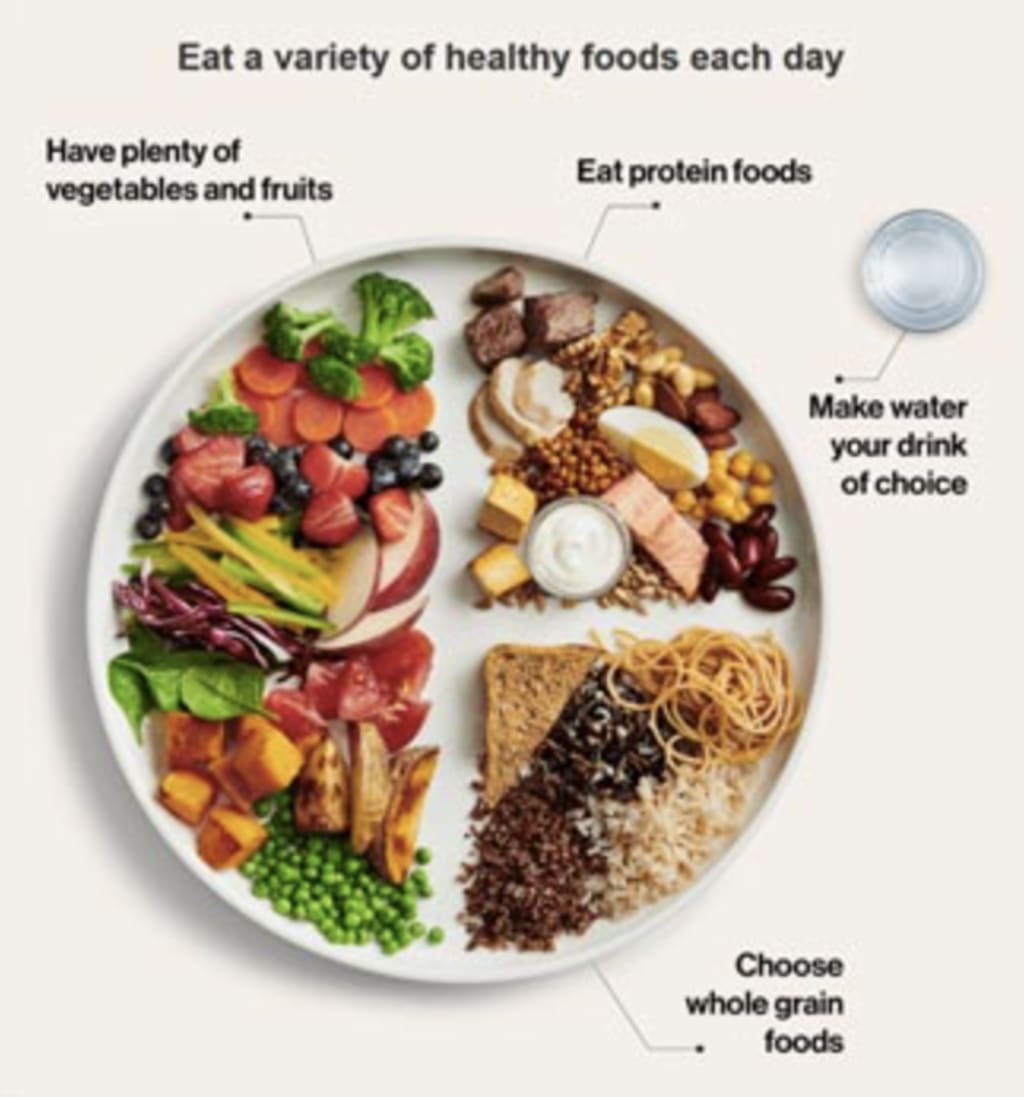Health and Wellness
Healthy eating and nutrition guides.

Healthy eating and proper nutrition are cornerstones of overall well-being, providing essential nutrients and energy for the body to function optimally. Embracing a balanced and nutritious diet not only supports physical health but also contributes to improved mental clarity, increased energy levels, and reduced risk of chronic diseases. Understanding the principles of healthy eating and incorporating nutrition guides into your daily life can empower you to make informed food choices that positively impact your health.
At the core of healthy eating lies a well-balanced diet comprising a variety of nutrient-rich foods from all food groups. The food groups include fruits, vegetables, whole grains, lean proteins, and healthy fats. Each food group offers unique health benefits, and consuming a diverse range of foods ensures you obtain a wide array of vitamins, minerals, and other essential nutrients necessary for overall health.
Fruits and vegetables are rich in vitamins, minerals, antioxidants, and dietary fiber, all of which play vital roles in supporting bodily functions and reducing the risk of chronic diseases. Aim to include a colorful assortment of fruits and vegetables in your meals to maximize the nutritional benefits.
Whole grains, such as brown rice, quinoa, oats, and whole wheat, are excellent sources of complex carbohydrates, fiber, and various essential nutrients. They provide sustained energy and promote digestive health. Replacing refined grains with whole grains can significantly improve the nutritional quality of your diet.
Lean proteins, such as poultry, fish, legumes, tofu, and nuts, are essential for building and repairing tissues, as well as maintaining muscle mass. Proteins also contribute to feelings of fullness and satiety, making them an important component of a balanced meal.
Healthy fats, found in foods like avocados, nuts, seeds, and olive oil, are essential for absorbing certain vitamins and supporting brain health. While fats should be consumed in moderation, opting for sources of unsaturated fats over saturated and trans fats is key to a heart-healthy diet.
In addition to focusing on the types of foods consumed, portion control is a crucial aspect of healthy eating. Paying attention to portion sizes can prevent overeating and support weight management goals. Practicing mindful eating, which involves savoring each bite and being attuned to hunger and fullness cues, can help build a healthy relationship with food.
Hydration is also fundamental to a healthy diet. Drinking an adequate amount of water throughout the day supports digestion, nutrient absorption, and overall bodily functions. Aim to replace sugary beverages with water as your primary source of hydration.
Furthermore, adopting a well-rounded approach to nutrition involves limiting the intake of added sugars, sodium, and processed foods. Reducing the consumption of sugary snacks, sweetened beverages, and processed snacks can contribute to better weight management and improved dental health.
Planning and preparing meals at home allow for greater control over the ingredients and cooking methods used. This empowers you to make healthier choices, limit unhealthy additives, and explore various cooking techniques that enhance the natural flavors of foods.
When navigating dietary preferences and restrictions, such as vegetarianism or food allergies, it's essential to seek alternative sources of nutrients to ensure balanced nutrition. Consulting a registered dietitian or nutritionist can provide personalized guidance tailored to individual needs.
In conclusion, healthy eating and nutrition guides form the foundation of a vibrant and thriving lifestyle. By embracing a well-balanced diet that includes a variety of nutrient-dense foods, practicing portion control, and staying hydrated, you can nourish your body and mind. Developing a mindful approach to eating, limiting processed foods, and adapting to individual dietary needs can empower you to make sustainable and health-conscious food choices. Remember that small, consistent changes to your eating habits can lead to significant improvements in your overall health and well-being over time.





Comments
There are no comments for this story
Be the first to respond and start the conversation.